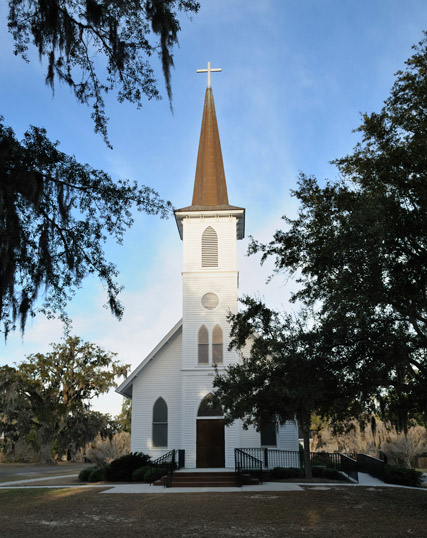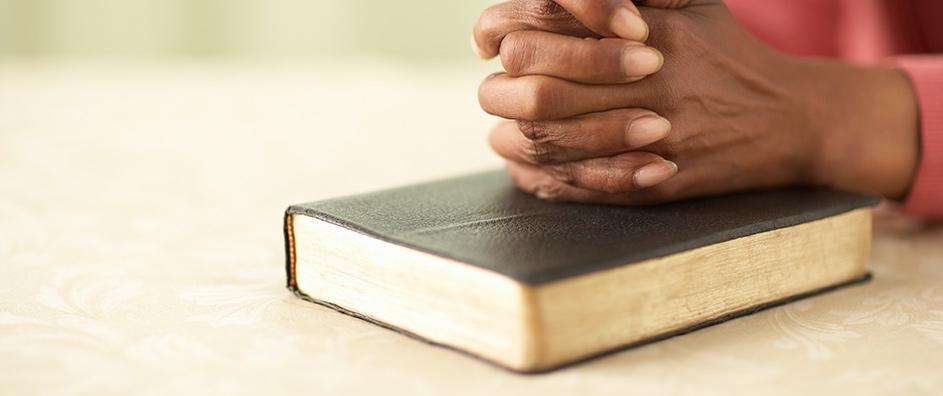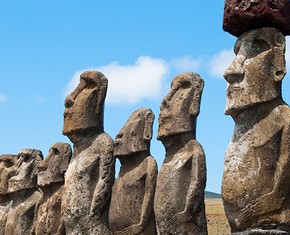The views expressed in our content reflect individual perspectives and do not represent the authoritative views of the Baha'i Faith.
Here is our current existential reality:
…since the prophets themselves, the founders, have loved, praised and testified of each other, why should we disagree and be alienated? God is one. He is the shepherd of all. We are his sheep and therefore should live together in love and unity. We should manifest the spirit of justness and good-will toward each other. Shall we do this or shall we censure and pronounce anathema, praising ourselves and condemning all others? What possible good can come from such attitude and action? On the contrary, nothing but enmity and hatred, injustice and inhumanity can possibly result. – Abdu’l-Baha, Foundations of World Unity, p. 99.
Part of reconciling yourself to a new religion – or even a new outlook on religion itself –requires working through the fear instilled by your old religion.
Of course, if you don’t come from a religious background, you may not have to face the issue, but I grew up a church-going Christian in the Bible belt of the Southern United States. My fear of damnation if I ever forsook Jesus was pressed upon me from an early age, not by my mother (and certainly not by my father), but by the culture itself.
 Growing up I learned from everyone around me that good Christians stayed true.
Growing up I learned from everyone around me that good Christians stayed true.
It must be the same in every religion. So it wasn’t easy for me to consider joining another faith. Indeed, I had no intention of joining any new (or old) religion. Rather, my investigations started simply because I was curious about the world and its faiths, and because I recognized that chance played too great a role in determining one’s religion.
Think about it. People tend to adopt the creed of those around them, but because where we are born is largely chance, I reasoned that a better method would be to investigate other religions before settling in to a religion — which in my case I assumed would be Christianity. So, guided by curiosity I set out as a young college student to learn more about religions. Oh curiosity, what a magnificent, spirited, frightening and essential steed.
Curiosity is risky because it can easily lead to questioning orthodox beliefs. It can also lead to being labeled and shunned as a heretic. Over its long history, Christians have often been obsessed with the divining art of determining orthodox from heretical belief, and many, many Christians, often of wonderful character, have been made to bear the burden of outrageous labels. Consider, for example, the fourth century Theophilus, Bishop of Alexandria (and later Pope), who stigmatized Saint John Chrysostom, Bishop of Constantinople, as “Satan disguised as an angel of light” (see Chadwick, H. The Early Church Penguin Books, 1982. p. 190.).
On the flip side, historians now remember Theophilus, in the words of Gibbon, as “…the perpetual enemy of peace and virtue, a bold, bad man, whose hands were alternately polluted with gold and with blood” (The Modern Library, v. 2, p. 57).
So it goes that high-ranking Christians have, since the beginning (even from the time of the Gospels), regularly condemned each other. Christian history overflows with stories of inquisitions, the exile or torture of people labeled as heretics, and the attempted elimination of their works from circulation. Whole Christian denominations have been caught up in campaigns to destroy other Christian denominations. The many wars between Catholics and Protestants come easily to mind, as do the Adventists’ attempts to convince the world that the Pope is the Antichrist.
Given the relative ease of being condemned by the orthodox of any denomination, and the fear of damnation for holding a wrong belief, attempting to change religion is not an easy thing to do. Early Christians, however, did it — and enough passed the ensuing tests of character to allow Christianity to be transmitted into our times. Early Buddhists and Muslims too faced persecution, and by persisting allowed Buddhism and Islam to mature. In fact, persecution forms a part of the early history of every religion.
Now Baha’is face it. In the early days of the Baha’i Faith more than 20,000 Baha’is sacrificed their lives for their new Faith. Since then Baha’is in the East have been repeatedly victimized: their character publically slandered, their educations blocked, their pensions frozen, their cemeteries despoiled, their possessions seized, and their lives often taken by misguided Muslim extremists. Many Baha’is in the West, including my family, have also experienced persecution. Our children have been told that they are going to hell, fundamentalist colleagues have looked on us with suspicion, and we have been excluded from some organizations, clubs, and classes.
So why join a new religion? In my case it’s because it called me. A great, warm, inviting, reassuring presence drew me near the Baha’i Faith until I was eventually able to understand that I had been summoned to work in a new Kingdom — in fact the very one Christ foretold.
Given the penchant some “religious” people have for condemning others, it is useful to examine the most common and pointed barbs that can be thrown at anyone who believes that the Promised Day has already come. In particular, let’s examine—in the next few articles–the charges that Baha’is represent the antichrist, that they follow a “man of sin, a beast or a false prophet.” Christians and others use these terms rather freely, but we must study their meaning.
















Comments
Sign in or create an account
Continue with Googleor